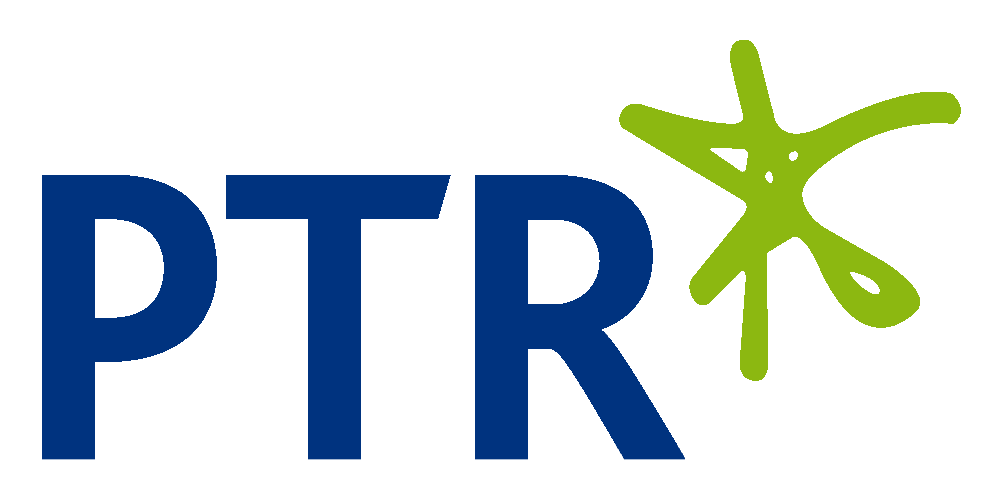Delegates attending this course will have requirements to implement SQL Server Integration Services (SSIS) to export and import data between mixed data sources, catering for simple exchanges and more complex requirements involving transformation of data before it reaches its destination (such as in the cases of loading a Data Warehouse). Delegates will learn how to carry out data cleansing tasks such as de-duplicating and fuzzy lookups, converge heterogeneous data sources through transformations such as merge and union, split single data sources into many with transformations such as conditional split, handle multiple import files with containers such as for and foreach loops, and much more. In this course you will learn about the Microsoft SQL Server Visual Studio development environment for design, creation and management of SSIS packages, and work with Control and Data Flows to build workflows to extract, transform, and load data using a variety of data sources, transformations, and destinations. You will also become familiar with SSIS package management and package deployment along with learning to write solid code using debugging, error handling, and logging techniques. The course covers all versions of SSIS from SQL Server 2012 to SQL Server 2017. This course, along with the (SSAS) SQL Server Analysis Services Course, helps to prepare delegates for the Microsoft 70-463 exam: Implementing a Data Warehouse with Microsoft SQL Server 2012/2014. This exam credits towards MCSA and MCSE certifications. It should be noted, however, that all course attendances should be complemented by reference to the skills measured by the exam, a period of self-study and test exams before sitting the actual exam. This course is suitable for delegates working with all versions of SQL Server from SQL Server 2008 through to SQL Server 2016. This course is offered in a face to face classroom and virtual setting.
This course assumes no prior knowledge of SQL Server Integration Services. This course does assume prior knowledge of SQL Server database environments and the use of SQL Server Management Studio for development and administrative tasks. You should be familiar with database querying using SQL to the level of the PTR SQL Server Database Querying Course.
